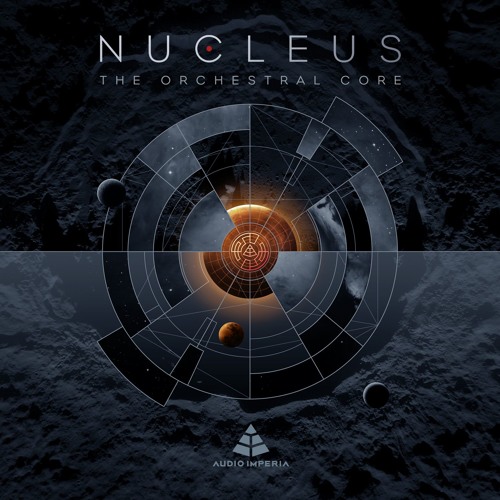comprehensive orchestral library that sounds perfect out-of-the-box for scoring and demo purposes
Nucleus is probably the best pick imho, but try to wait for a sale if you can. I do not own it but knowing Audio Imperia, it’s going to be consistent, flexible and sounds great. It’s also going to be easy to program, easy to find what you want and
easy to make it sound great. It has a classic mix if you want more traditional sound, or a modern mix. If I was starting with nothing today and could only buy one package I’d buy this.
www.audioimperia.com Audio Imperia Nucleus is an orchestral software instrument made for Native Instruments' Kontakt Player, that’s both compact and versatile. An uncompromising library designed to b

on.soundcloud.com
BBCSO doesn’t sound like “a score” to my ears so that’s out, for me. (It sounds like a polite concert.)
Opus / EWHO sounds quite good much of the time and has a lot of flexibility but it can be difficult sometimes to use. It’s not necessarily the best for beginners because you spend most of your time trying to figure out what patches to play when, and how to control them, instead of making music.
Musio sounds good as well and has a low cost of entry (especially the monthly option) but isn’t very flexible (in the current version). Maybe the limitations will be good for a beginner. It can be a little challenging finding the sounds you want, but not too bad, once you get used to it.
There’s other options, but... I would still pick Nucleus over them, and again I don’t own it but I am familiar with the developer’s other products and looked extensively at it and all the demos etc. It’s the best combination of value, sound and ease of use.
There’s also a Nucleus Lite version.





